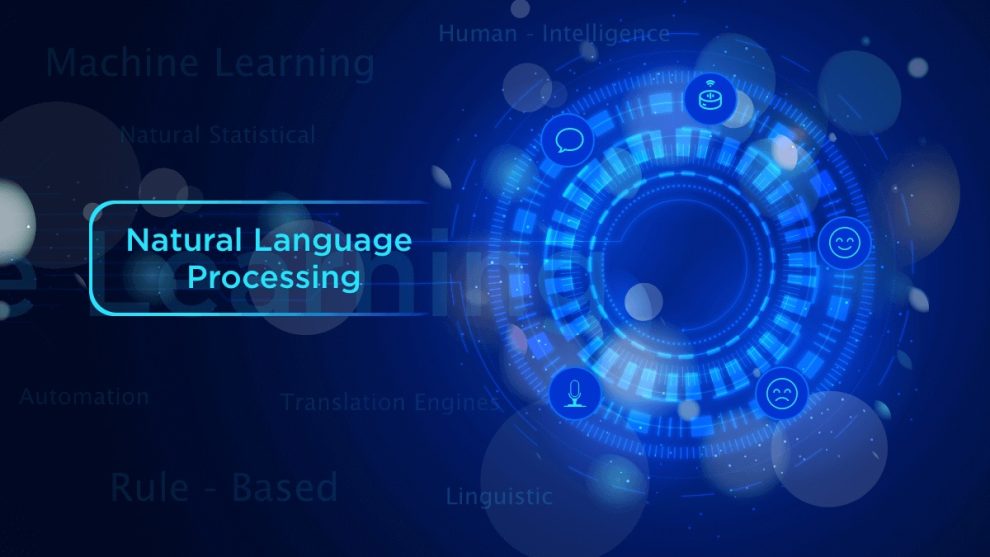Imagine a world where computers seamlessly understand our words, not just as strings of characters, but as the rich tapestry of meanings and nuances they truly represent. This is the promise of natural language processing (NLP) – a captivating field of artificial intelligence (AI) that empowers machines to decipher and manipulate human language.
Demystifying the NLP Toolbox
So how exactly does NLP work its magic? By leveraging key technologies:
- Machine Learning: NLP algorithms learn from vast troves of text data, identifying linguistic patterns and relationships to grasp the essence of language. They can recognize parts of speech, extract meaning from sentences, and even translate languages with impressive accuracy.
- Computational Linguistics: This scientific discipline forms the foundation of NLP, providing the theoretical framework for understanding language structure and meaning.
- Speech Recognition and Synthesis: Converting spoken words to text and vice versa enables natural interactions with machines, revolutionizing voice assistants, interactive storytelling, and even language learning.
- Sentiment Analysis: NLP allows machines to understand the emotional tone behind text, uncovering opinions, attitudes, and even hidden biases within written or spoken communication.
4 Ways NLP is Revolutionizing Communication
By unlocking nuances in human language, NLP is transforming how we interact with technology across countless domains:
1. Intuitive Chatbots and Virtual Assistants
NLP fuels chatbots and virtual assistants like Siri, Alexa and Google Assistant, enabling far more natural conversations between humans and machines. Simply imagine effortlessly interacting with your devices, scheduling appointments, even engaging in witty banter or philosophical debates – all through the power of language.
2. Smarter Search Engines
NLP algorithms also power more robust search engines like Google Search. They understand the true intent behind queries and deliver the most relevant results. Imagine asking your phone “What are the top-rated family-friendly hiking trails near me?” and receiving personalized recommendations catered to your preferences.
3. Transformative Text Analysis
By processing language, NLP can extract key insights from vast troves of unstructured data – think social media posts, news articles, scientific papers, even historical documents. This powers everything from predicting viral content to gaining a deeper understanding of human psychology through the lens of our words.
4. Hyper Personalized Experiences
Finally, NLP allows machines to tailor content and recommendations to us as individuals – understanding our unique preferences, personalities, and needs. Imagine websites and apps that curate custom news feeds, product suggestions, even adaptive learning pathways based on how your individual mind best absorbs information.
Overcoming Key Challenges in NLP
Despite NLP’s vast potential, some challenges remain:
- Language Complexity: Human language is intricate, full of nuance, cultural references and subtleties like sarcasm. Accurately deciphering meaning can bewilder even the most advanced NLP algorithms.
- Bias: Like any AI, NLP models reflect biases in the data they’re trained on. Mitigating unfairness and ensuring ethical usage is crucial.
- Privacy: Processing copious text data raises privacy concerns. Ensuring transparency in data usage and strong security is essential.
Building an Ethical NLP Future
By thoughtfully addressing its challenges while fostering ethical development, NLP can usher in a collaborative future between humans and machines:
- Bridging Communication Gaps: More accurate language translation can break down cultural barriers, enabling effortless communication globally.
- Democratizing Access to Information: NLP can curate, simplify and summarize complex information, making knowledge more accessible to all.
- Augmenting Human Creativity: NLP could assist writers, poets, even musicians and artists as a “creative muse” – helping spark innovative ideas and forms of expression.
NLP isn’t just about machines mimicking human language. Ultimately, it represents a deeper exchange aimed at forging mutual understanding between man and machine. By ensuring NLP models develop responsibly, we can unlock a future unconstrained by linguistic barriers, where communication connects rather than divides us.
















Add Comment